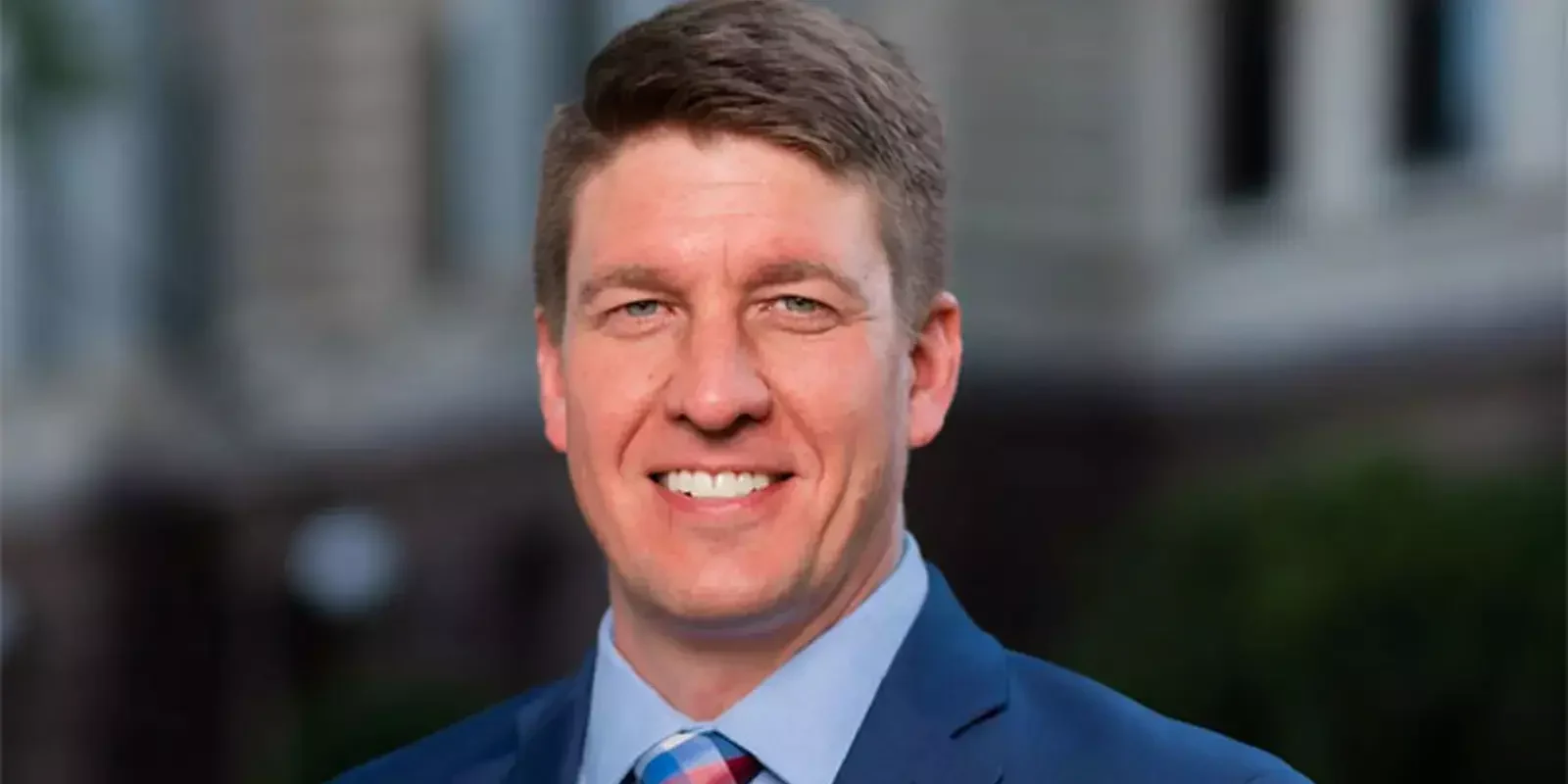One of the Green Bay-area’s state lawmakers is worried that there’s more than finances at the heart of the fight over two homeless veterans’ shelters in the state.
Sen. Eric Wimberger, R-Oconto, talked about Gov. Evers’ refusal to fund the Veteran Housing and Recovery Program homes in Green Bay and Chippewa Falls.
“It’s not a coincidence how orchestrated that was,” Wimberger said of the governor’s close work with Democrats on the issue. “There’s a lot of politics being played. There’s no justification, financially, for what’s going on here.”
Evers told reporters on Wednesday that lawmakers appropriated “0” dollars for the Housing Recovery Program in the new state budget. He claims that without $1.9 million over the next two years, there’s no way the veterans shelters can stay open.
“The Joint Finance Committee received a document from the [Legislative] Fiscal Bureau during the budget and it said if you don’t do this, I think it’s $1.6 million or something like that, if you don’t do this, this is what’s going to happen,” the governor said. “They didn’t do that and that’s exactly what happened.”
Wimberger said on Thursday what he wrote the governor in a letter earlier this week.
“An August report shows the Administration has $373 million in unspent COVID-19 relief funds that federal rules allow to be re-obligated for purposes that include the VHRP program,” Wimberger wrote. “While the Legislature funded VHRP at 115%, you may also re-obligate some of the $373 million in remaining ARPA funding at your discretion to the VHRP. You used this method two years ago and can do it again.”
Wimberger said there’s also state money that the VA returned to the Evers Administration after it too was unspent.
That’s why Wimberger said the whole thing smells of politics.
“There’s no reason for it,” Wimberger added. “There’s plenty of money in the account.”
This article was originally published with The MacIver Institute.

